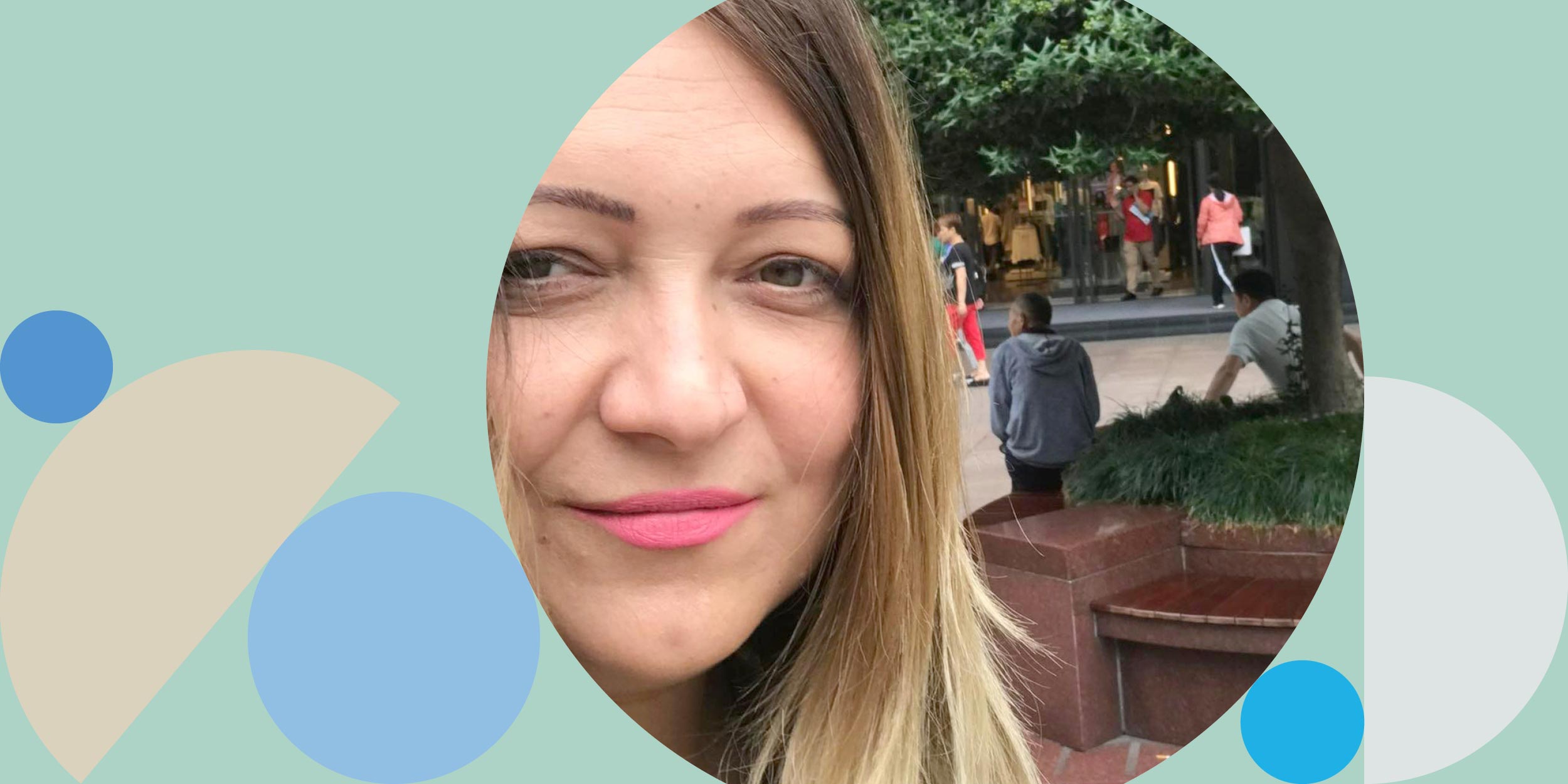The Angel of Velké Leváre
PeopleArticleApril 20, 2022
Lucia Gregusova has opened her home and her heart to numerous refugees fleeing war-torn Ukraine. The Zurich Insurance Group employee has shown incredible kindness and is an inspiration to us all – but Lucia has also listened to many harrowing stories.
“When they arrived, I was shocked. Their car was full of bullet holes. It was unbelievable! I don’t know how they were able to drive that car.”
Lucia Gregusova is referring to a family of five Ukrainian refugees who had fled the city of Chernihiv, 60 miles (97 km) northeast of Kyiv, which had been surrounded and cut off by the Russian army for more than one month.
“Their house had been destroyed by Russian shelling and they hid for three weeks in an underground shelter with three small children. Then the father decided they needed to escape the city,” says Lucia. But they encountered Russian tanks and soldiers and their car was fired on. Luckily, they escaped, and their car was able to drive the 930-mile (1,500 km) journey to Lucia’s home in Velké Leváre, a village about 24 miles (40 km) from the Slovakian capital Bratislava.
The family of five stayed for one week in Lucia’s spare room before driving to Poland for a more permanent residence – after Lucia had organized car repairs. But this was not Lucia’s first experience of hosting Ukrainian refugees.
When Russia invaded Ukraine on February 24, one of Lucia’s former work colleagues – now living in Kharkiv – asked if his mother and two sisters could stay with her in Slovakia as Ukraine’s second largest city found itself on the frontline of the war. After an arduous five-day journey across Ukraine, through Moldova, Romania and Hungary before arriving in Slovakia, they stayed with Lucia for three weeks before securing an apartment in Germany.
A mother and her three-year-old son were next to arrive after they escaped Sumy – another besieged city – when a humanitarian corridor was opened. They stayed with Lucia for one month before moving on to live with a Ukrainian friend living near Rome in Italy.
The war in Ukraine has unleashed a major humanitarian crisis with more than 4.5 million refugees fleeing the country and at least another 6.5 million internally displaced in Ukraine. Due to this crisis, Lucia has placed her contact details on various forums for Ukrainian refugees seeking accommodation.
A guardian angel
Lucia lives by herself and has been working in Zurich’s Bratislava Competence Center for six years. She is one of those rare selfless people who always seeks to help others – often before thinking of herself. She rescues cats and supports deprived children, the elderly and the homeless in her village, and organizes food collections at Christmas. It’s no surprise that she has opened her house to Ukrainian refugees. And as Lucia speaks Russian, she has been able to communicate easily with all her guests.
“When the war began, I knew Slovakia would see many refugees as we border Ukraine. So I started thinking ‘what can I do?’ They are escaping the country without anything. Just one bag and without any money – only fear and pain. I can see this pain on all these people’s faces. It’s really depressing and tough because these people are looking to you to save them.”
Lucia’s current guest is feeling the greatest pain. Irina is a 35-year-old woman who arrived at Lucia’s home with her two cats after escaping Bucha – the town where the worst war atrocities to date were discovered after Russian soldiers withdrew in early April.
“She came with just two bags, and I asked if she needed underwear or other clothes. She said no, but the very sad thing was that the next day I noticed she had only packed food and other items for her cats – and nothing for herself,” says Lucia. “I took her shopping and of course she has no money so I bought her clothes and gave her my jacket.”
Lucia says Irina is clearly in a state of severe emotional suffering and has been frequently crying as she had to leave her mother behind who was in hospital. Irina also arrived with bad bruising to her face.
“From my experience with distressed people, I have learned not to ask many questions. I wait until they want to share something with me,” says Lucia. “Irina told me she was bruised when she fell down. Then a few days later she told me that she had been attacked by Russian soldiers.
“I don’t ask about their experiences in the war, what happened to their home or their friends and family. I try not to have the TV on as it is full of news about the war in Ukraine.”
But it has been particularly difficult for Irina as news and images of her hometown are all over the TV and internet. “I encourage her to go for walks, to draw, to listen to music. I have also found her a job in a small bakery run by my friend so it can take her mind away from thinking about her home. But she keeps looking at pictures of Bucha. She wants to know if her house is still standing, if her friends and relatives are still alive. I think this is damaging her mental health.”
Lucia’s kindness to strangers is extraordinary. But it does come with a price and Lucia is aware that she also needs to look after her own mental health during these turbulent times.
“I told Irina that I will take her to the cinema this week although she doesn’t understand Slovak. I told her she will just be observing!” laughs Lucia. It’s that ability to find moments to laugh and to smile that will enable Lucia and all the Ukrainian refugees she hosts to get through the months ahead.



